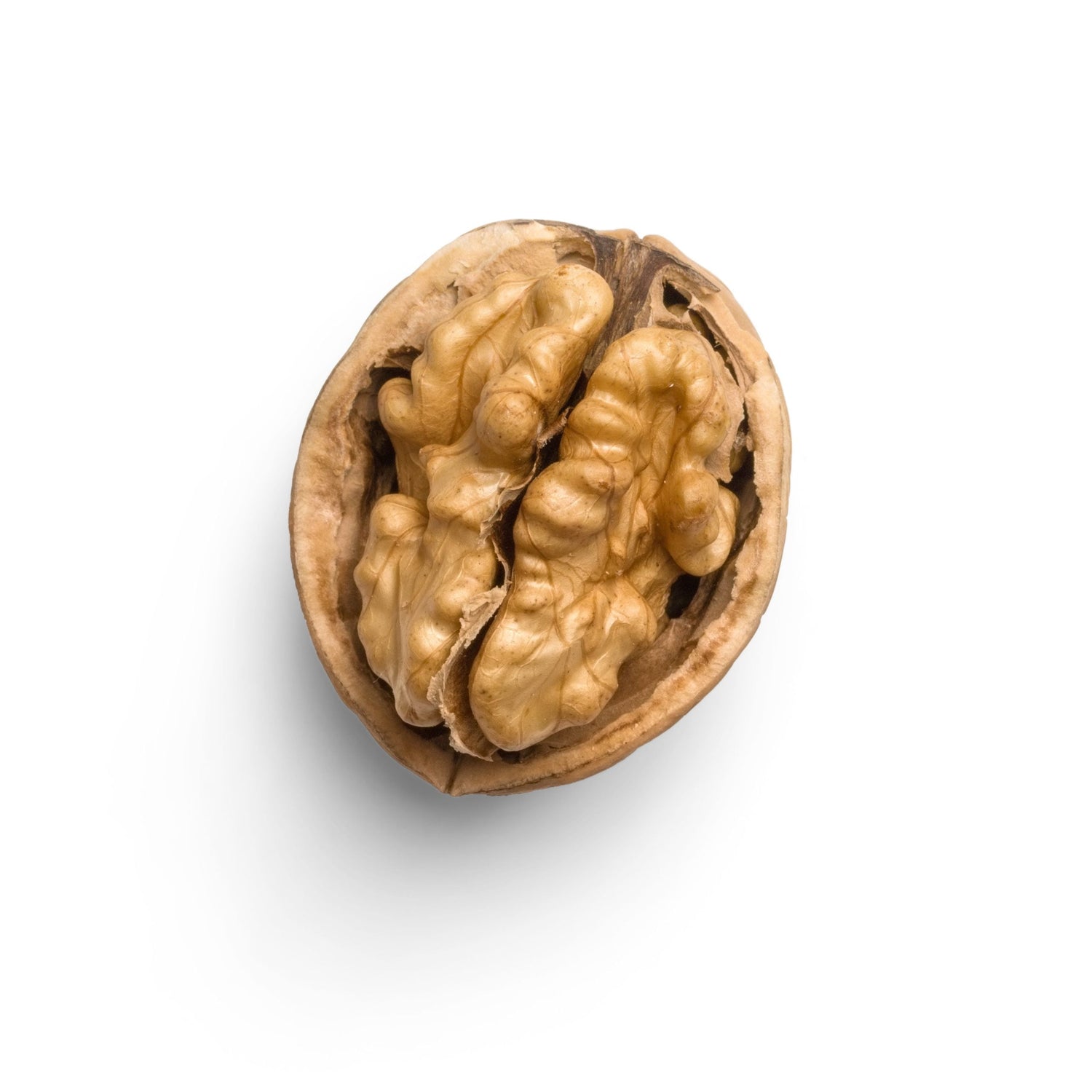What we eat makes a difference to both how we feel and the health of our brain. This is something that I hadn’t realised was as important as it is until I started researching brain health a few years ago.
Why does what we eat matter so much for our brain?
Nerve Cells
Our Gut and our Brain both have their own ‘nervous system’ which are in communication with each other. The Nervous system is a huge complex network of cells and connections that influence how our bodies operate. The nervous system in our brain- known as the central nervous system - is linked to the nervous system with in our gut (known as the enteric nervous system).
Serotonin
The nerve cells that line our gut are important for digestion of our food and also for the release of a very important neurotransmitter serotonin. Neurotransmitters are chemical messengers that communicate between brain and nerve cells. Serotonin is a neurotransmitter that is directly linked to our mood, hunger and also plays a role in sleep.
Gut Bacteria
Good bacteria within our gut helps with regulating how we digest food, improves how we absorb what we need from what we eat and also has a role with inflammation within the gut. Foods that support the growth of good bacteria help with these functions. Fibre is absolutely vital to the way our gut and gut bacteria works. Kefir, sauerkraut and live yoghurt are other ways to support the growth of these good guys.
Inflammation
Supporting healthy bacteria in our gut is an important way to reduce inflammation. Omega 3 fatty acids within fish and other sources of healthy fats have been shown to be anti inflammatory.
Nutritional Psychiatry
What we eat and its role in brain health is so important there is a specialised field of medicine looking at this in more detail to further understand this area.
What we do know is this- eating whole, unprocessed foods with lots of fruit, vegetables, natural fibre and beneficial fats is important for our brain health
Brain Health Nutritional Stars
B vitamins are involved in many aspects of energy production as well as neurotransmitters. B vitamins are found in meat, whole grains, eggs, legumes and green veg. As we get older we are more likely to become deficient in some of the B vitamins often due to the way our body absorbs these from our diet. B12 deficiency is more common in the elderly population and those following vegan or vegetarian diet.
Vitamin D is essential to the normal production of our body’s hormones - chemical messengers. For brain health, enough vitamin D is vital for the production of neurotransmitters. Hard to obtain from out diet, ensuring we have exposure to sunshine and supplementing with Vitamin D is recommended by WHO and NHS.
Keep Well
Dr Clara Russell
https://www.nhs.uk/news/food-and-diet/the-new-guidelines-on-vitamin-d-what-you-need-to-know/
https://www.health.harvard.edu/staying-healthy/do-fish-oil-supplements-reduce-inflammation









